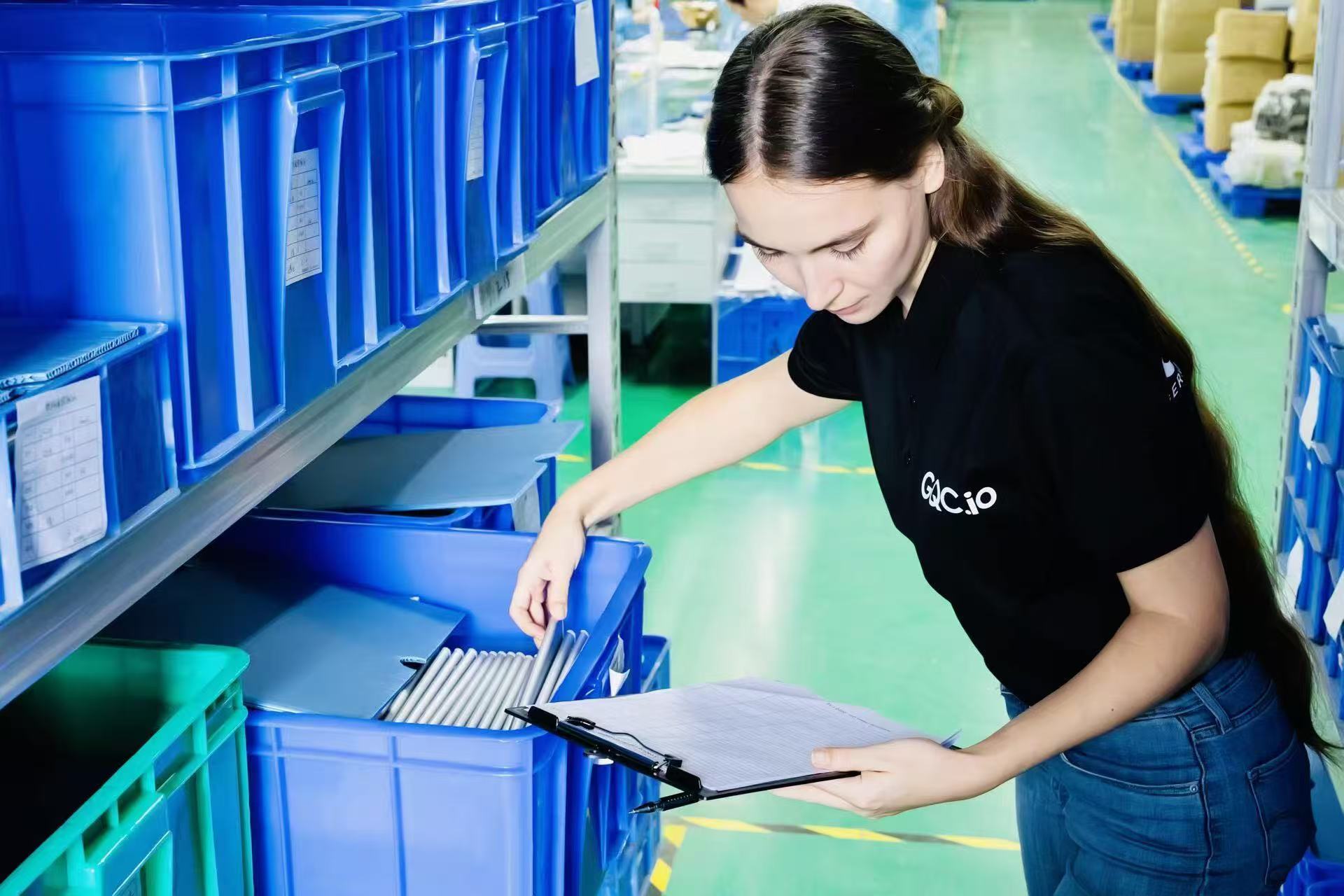Our customers spend large amounts of money on manufacturing and sourcing their products from China, the total value goes easily from 20.000$ up to 800.000$. However, the cost of receiving even a single container of defective goods can be higher than the value of the goods. This is where inspections come into play.
Imagine this: You're a business owner waiting for a shipment of products worth $250,000, ready to meet your customer's demands. Your supplier seems reputable, and everything seems to be going smoothly. But appearances can be deceiving. Hidden defects and quality issues can lurk beneath the surface, ready to jeopardize your investment. This is where inspections become invaluable.
Why Pre-Shipment Inspections Are So Important
A pre-shipment inspection is a thorough evaluation of your products before they leave the factory. Its main goal is to find any defects, deviations from specifications, or quality issues. This process gives you a crucial opportunity to identify and fix problems at the source, rather than after the goods have arrived at your doorstep. Here's why investing $300 in an inspection can save you hundred thousands:
Early Problem Detection: A DuPro inspection allows you to catch defects or quality issues early. This could be in the manufacturing process, product packaging, or any other aspect of production. Finding these problems in advance prevents you from receiving faulty products.
Saves on Costs: When defects are discovered after the products have been shipped, you not only have to deal with the cost of returning them to the supplier but also the expense of rework or replacement.These costs can add up significantly.
Protects Your Reputation: Receiving and delivering defective products can harm your company's reputation. Negative customer reviews and returns can erode trust, which is difficult to rebuild. Pre-shipment inspections help you maintain the trust of your customers.
Reduces Financial Risk: The cost of conducting inspections is much lower than the potential loss from a container full of defective goods.Spending a small sum upfront can help you avoid a much larger financial hit later.
Holds Suppliers Accountable: Inspections send a clear message to your suppliers that you value quality. It encourages them to produce products that meet your specifications and uphold their end of the agreement.
How Inspections Work
DuPro and Pre-shipment inspections involve a team of trained professionals who visit the factory to thoroughly examine the products. They assess various aspects, including quality, quantity, packaging, and compliance with specifications and regulations. The results are documented in a comprehensive report, often with photographs to back it up.
The inspection findings provide you with valuable insights to make informed decisions. If defects are found, you can work with the supplier to address these issues before the products are shipped. This preventive action not only saves you money but also ensures that your customers receive high-quality goods.
Conclusion
In a competitive global market, ensuring the quality of your products is essential. DuPro andPre-shipment inspections are a cost-effective investment that pays off in the long run. For a small expense, you gain the peace of mind that your products meet the required standards and specifications. Moreover, it can save you from the potential financial disaster of accepting subpar products.
Remember, spending $300 on an inspection is not an expense; it's an insurance policy against substantial financial loss. By proactively addressing quality issues, you safeguard your reputation, protect your bottom line, and maintain the trust of your customers.The lesson is clear: when it comes to quality assurance, investing in inspections is a wise and necessary choice for any business. To learn more about how GQC can help you and your business visit www.gqc.io .





